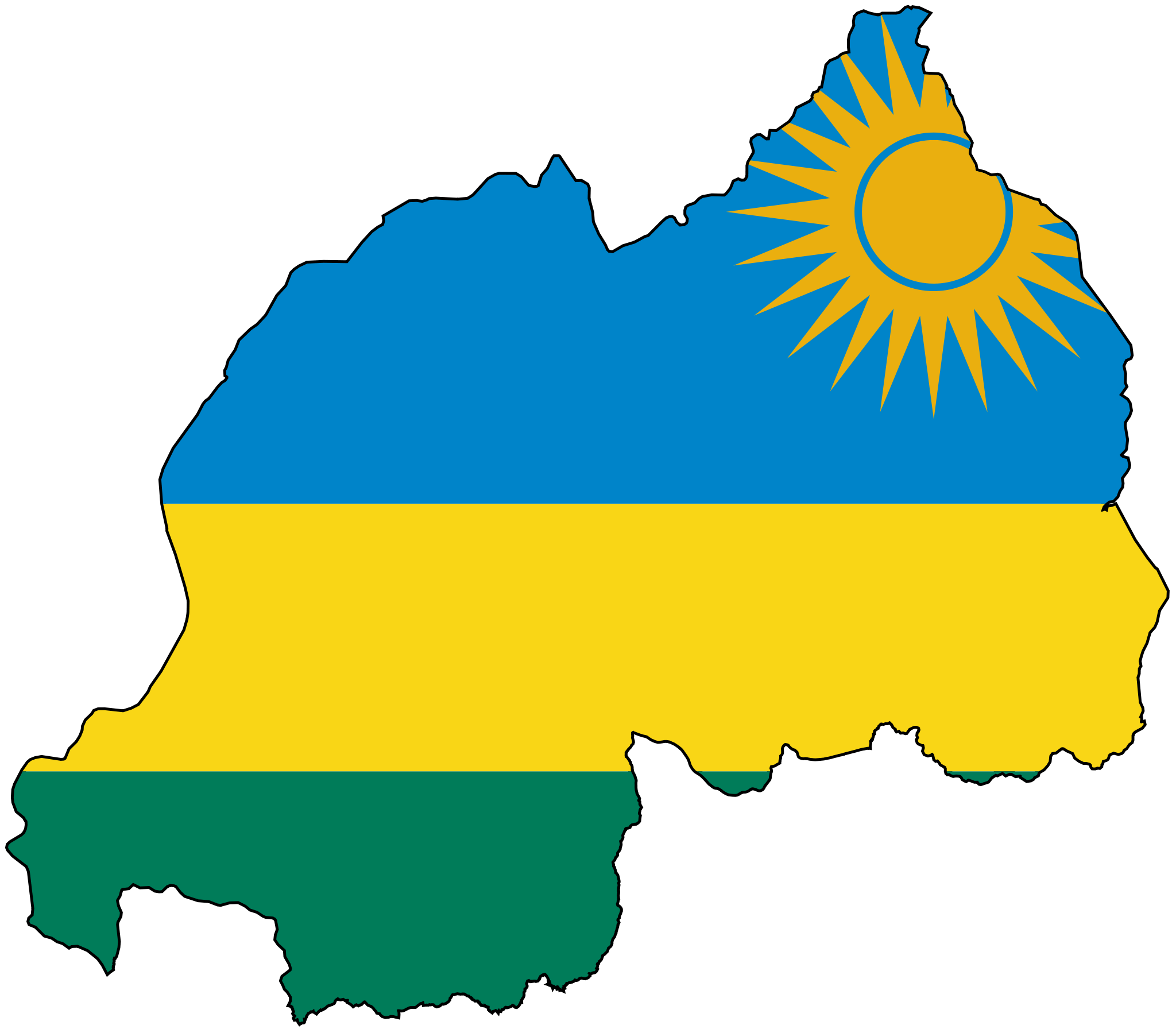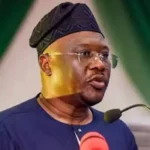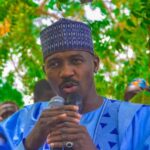Ask any African if they know of an African nation that is not a basket case of the global concept of democracy and eight out of ten would jump at you with shouts of Rwanda. The former Belgian colony has had the five-foot-ten Paul Kagame within its political shadows since the end of the genocide in 1994. The self-confessed born again, tongue-talking leader was vice president for six years before winning his first mandate by subterfuge 21 years ago. Don’t ask what is Kagame’s end-game plan, because he is not about to give up power. While holding on to it, if his shadow plays too close to him, it would either be shot, arrested or end up in jail.
While Kagame is reputed to have upgraded the Rwandan infrastructural landscape from the ashes of the genocide, he is a known brutal dictator that does not brook any form of active opposition. A dare from a young Victoire Ngabire who flatly refused to wind up her political campaign when asked by Kagame’s loyalists led her to a bloody manhunt, persecution and prosecution. Kagame, a former guerrilla leader, did not waste time to arraign her on trumped up charges after harassing and heckling her family members. In the end, Kagame’s shambolic courts issued her a twelve-year jail term.
Global protests did reduce her term under the worst conditions until she had served six years of her term. Kagame expected her loyalty but Ms Ngabire has not stopped fighting.
About a week ago, Kagame judicially brutalised another political opponent, Paul Rusesabagina. He was a hero of the Rwandan genocide. He used the Hotel des Mille Colines that he managed to save the lives of both Hutus and Tutsis. The extraordinary exploit of this Rwandan inspired the movie Hotel Rwanda.
An American permanent resident and a Belgian citizen, Mr Rusesabagina, was tricked into a plane from neighbouring Burundi and flown back to Rwanda last year. He was accused of sponsoring terrorism. The trial drew the ire of human rights and civil society groups and some international organisations. Last week, he was sentenced to 25-years in jail after a trial that attracted global condemnation for the way it was conducted.
Kagame and his government have continued as if nothing has happened. The African Union, with its three-monkey attitude to events has closed its eyes to goings on in Kagame’s Rwanda. After three transitions into himself, Kagame has refused to organise true elections or a handing over process that can be measured with global best practices. Under his regime, hundreds of Rwandans are either in jail, forced into silence or simply murdered or disappeared.
As cover, Kagame continues to embark on tokenist altruism for international relevance and accolade. Under the Rwandan Patriotic Front (RPF) led by Kagame, only party members get the best dividends of democracy. On the global scene, Rwanda continues to be erroneously touted as the poster-boy of civil rule and a yardstick for measuring democratic success.
While the scars of the 1994 Rwandan genocide still haunts the nation, the Kagame years have seen notional development on the fiscal infrastructural level by which visitors erroneously judge the advancement of the nation. Tourists jet in and out with fake stories of how peaceful and well-developed the country has become under Kagame’s rule. What they either fail to acknowledge is that Rwanda under Kagame is a police state.
A few years back, Kagame bought into the English football club, Arsenal, to the tune of $42 million. Critics say this is money that could have been spent on other developmental needs in Rwanda, including institutionalising a democratic culture or building a formidable national football team. When Arsenal was plagued by a series of defeats, Kagame exposed his governance creed.
In a Tweet that most exposed his political philosophy and guiding governance principle, Kagame wrote: “We just must NOT excuse or Accept mediocrity. A team has to be built with purpose to win win win. So that when we lose… it was not to be expected!” (emphasis his).
This has been the operating guideline keeping Kagame in office…win win win! This subterfuge has always worked in his favour. African elites and other visitors detached from the domestic politics of Rwanda point to another ‘achievement’ – Kagame’s supposed commitment to female empowerment. With over 60 percent of parliamentary seats reserved for women, Rwanda’s rubberstamp parliament is often cited as a worthy example. This is complimented by a female-dominated cabinet.
Apparently, a female dominated parliament is likely to pose fewer problems to a dictator than one in which vocal men might raise opposing views. This is where Rwanda cannot be touted as leader either in gender-balance or even on the basic principles of democracy.
If Africa is going to progress to a competitive future, it must rise above tokenism in its approach to issues of governance. It must widen the democratic space and realise that real development is not hinged on winning at all costs at all times.
The big question most of Rwanda’s critics are asking is what happens to the country when Kagame leaves power? Is his governance style sustainable? Kagame outsmarted former president, Pasteur Bizimungu, out of office with sheer cunning; then accused him of corruption, sent him to jail and eventually pardoned him after crushing his political base.
It is shameful that Africa remains that continent where sit-tight dinosaurs are the masters of its political landscape. This continent must decide at a point, how it wants to be rated. While Kagame vaunts his dubious democratic credentials, Kais Saied, Tunisia’s Arab-Spring minted president has just grabbed power. He has sidelined the constitution to arrogate to himself rules that allow him to rule by decrees. He says his unilateral action would end what he called a political paralysis in the North African country. From the political four winds of the continent, Africa has remained grounded by aberrant dictators emerging by dubious means.
Colonial powers; the self-appointed umpires of democratic conduct, turn the blind eye to constitutional power infractions to protect their vested interests. It is also becoming evident that whenever the continent raises a leader with a conscience and a commitment to transformation, they either die mysteriously or are overthrown by coups. A continent bestowed with the driving force of global economy is faced with massive brain drain due to political instability and persecution at home.
Diaspora Africans are caught in a web; they face total annihilation at home and overt and covert racism abroad. The continent must choose whether it wants to evolve a special brand of democracy or remain a caricature of the global concept and best practices. If the western concept of majority rule with less friction and coercion is not acceptable to the African culture and norms, it should evolve its own system by which standards it would be judged. Its current form of democracy does not resemble anything close to the global attributes by which the governance principle is known. This is why a man like Muhammadu Buhari could go to the United Nations and try to capture his audience with a lecture on democratic values that is absent in his home country.

 Join Daily Trust WhatsApp Community For Quick Access To News and Happenings Around You.
Join Daily Trust WhatsApp Community For Quick Access To News and Happenings Around You.


